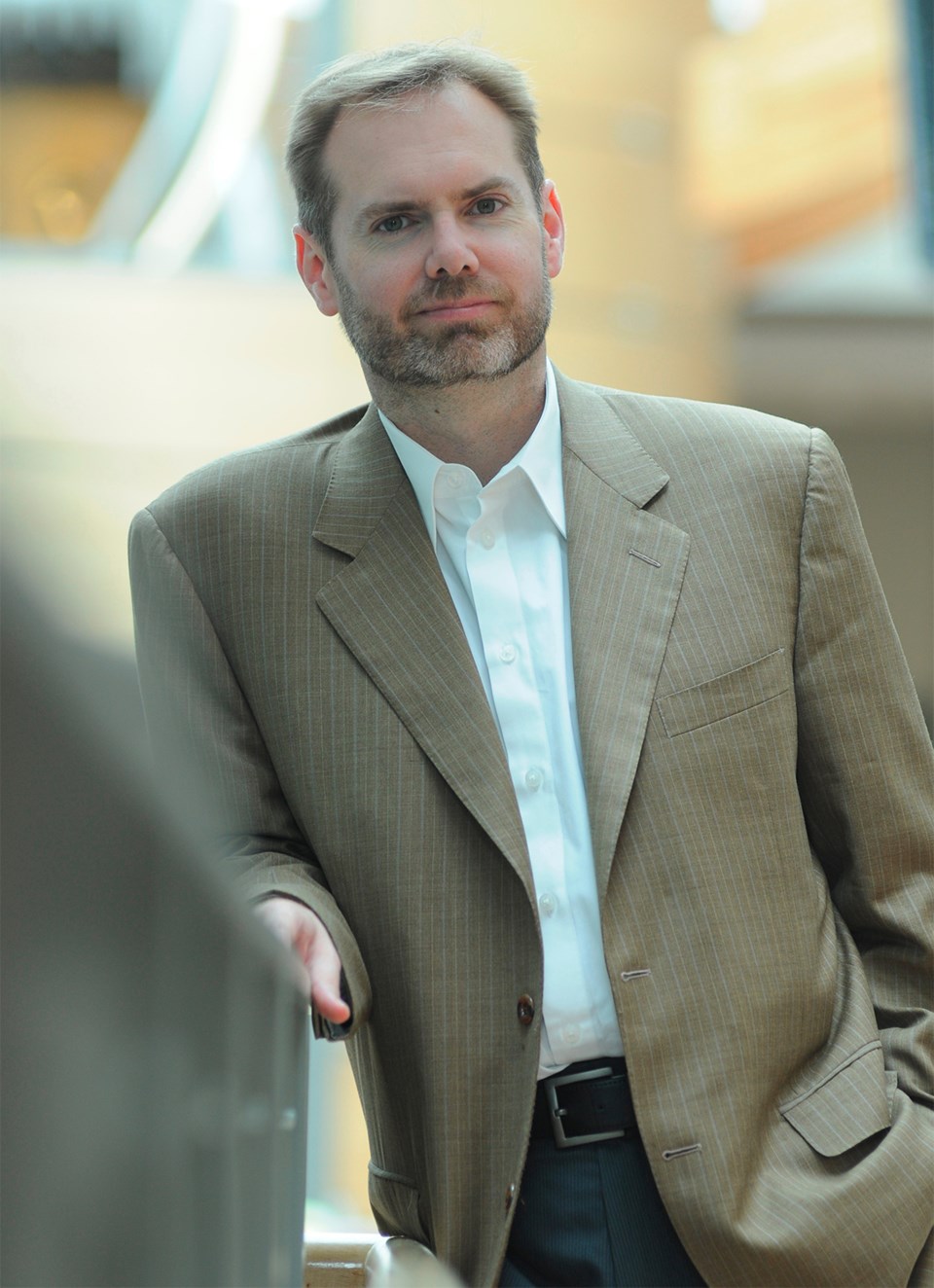SFU researchers could be making headway into new cancer therapies soon, thanks to a new scientific road map.
For the last five years, biology professor Steven Jones and a group of global scientists have been mapping epigenomes.
"The human genome is like a big book of instructions. Epigenomics is nature's way of adding bookmarks to that book, almost like people scribbling notes in the margins about what's important and what's not," he told the NOW. "It's basically the way the cell handles and interprets the large amount of information that's in our DNA."
Jones went on to say epigenomes ultimately cause our genome to stay healthy or develop diseases because they code for cellular properties that distinguish one cell type from another.
He and his team have mapped the epigenomes of 111 distinct cell and tissue types, an achievement he said will help with cancer treatment advancements.
"If we understand how the information in our cells is used and processed, we can look at changing back the way the epigenomes have been modified by the cancer cells and put them back to a more normal state," he added.
The group was originally going to study only 25 epigenomes, but with "fundamental changes" in technology, their goal surpassed the 100 mark.
The project, called the National Institutes of Health Roadmap Epigenomics Mapping Consortium, was featured in the journal Nature and is the largest study of its kind.
Jones was named by Thomson Reuters as one of the world's most influential scientific minds for 2014. He was part of a B.C. Cancer Agency team who in 2010 cracked the genetic code of a rare tongue tumour that had metastasized. The team then identified a drug that was able to stabilize the cancer.



